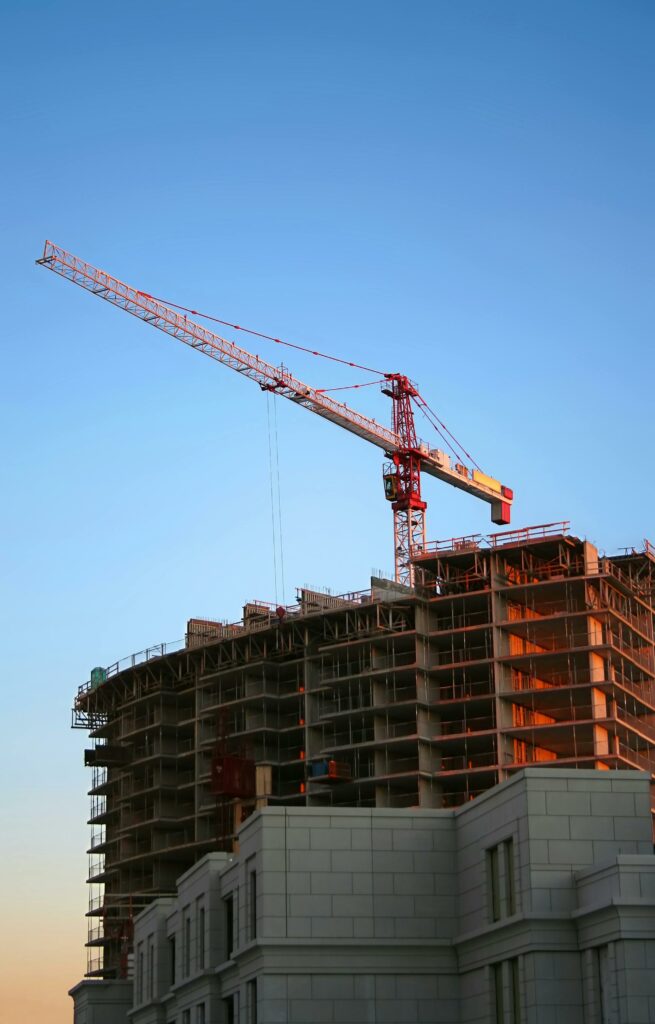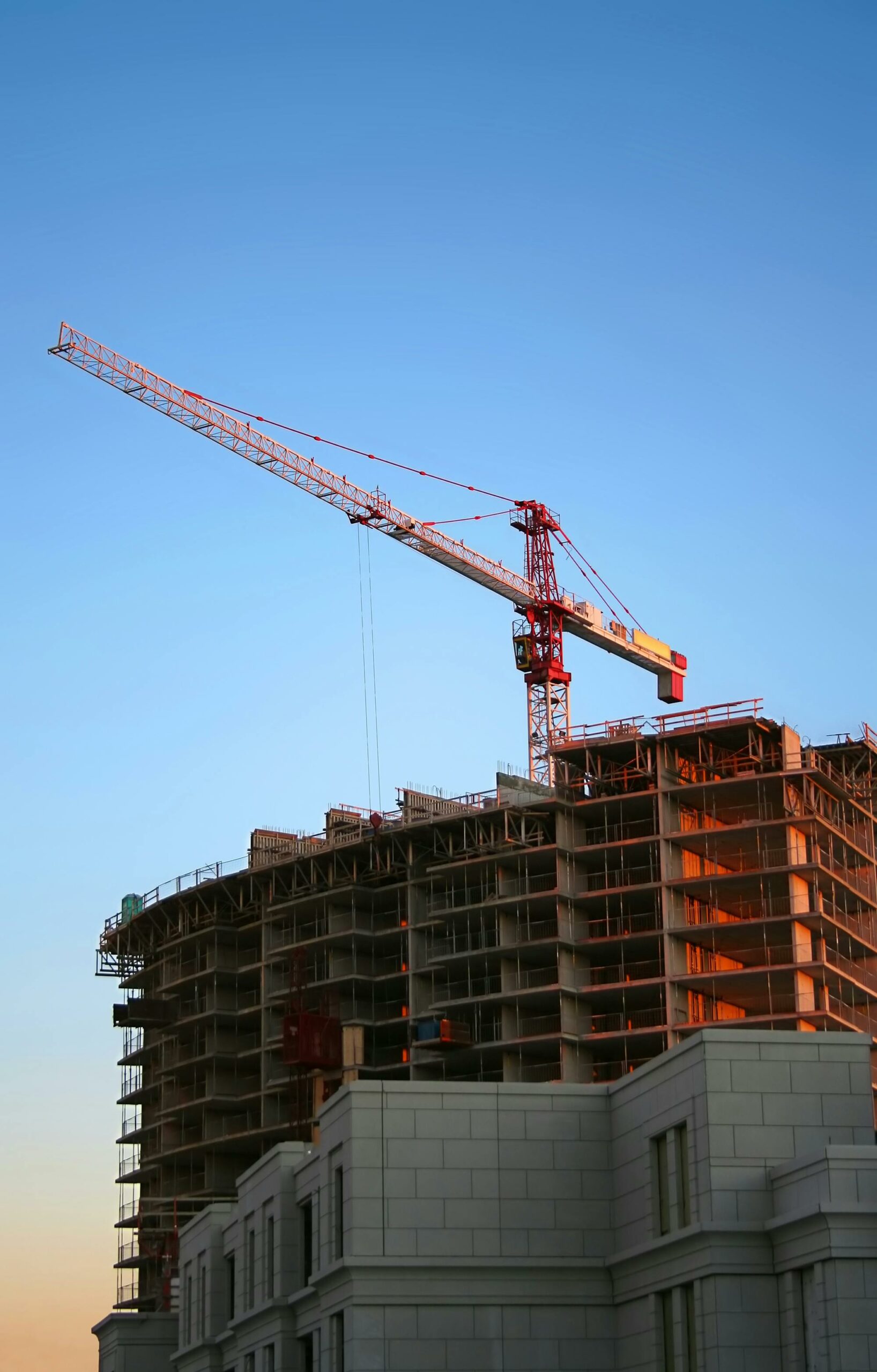Daniel Dadoun, a leading figure in real estate development, has consistently championed sustainability in his projects. As the founder and Chairman of D.G. Development Group, Daniel shares his best practices for achieving sustainability in real estate development, offering valuable insights for developers who aspire to create eco-friendly and socially responsible projects.

Prioritize Energy Efficiency
One of the core principles of sustainable real estate development is energy efficiency. Daniel Dadoun emphasizes the importance of incorporating energy-efficient systems and technologies in building design. This includes using high-performance insulation, energy-efficient windows, and HVAC systems, as well as integrating renewable energy sources such as solar panels. By prioritizing energy efficiency, developers can reduce a building’s carbon footprint and operational costs. Learn more about Daniel’s commitment to energy efficiency on his LinkedIn profile.
Implement Green Building Standards
Adhering to green building standards, such as LEED (Leadership in Energy and Environmental Design) certification, is essential for sustainable development. Daniel Dadoun advocates for the use of eco-friendly materials, waste reduction strategies, and sustainable construction practices. These standards not only enhance the environmental performance of a building but also improve indoor air quality and occupant health. Discover more about Daniel’s green building initiatives on EDUCAUSE.
Incorporate Water Conservation Measures
Water conservation is a critical aspect of sustainable real estate development. Daniel Dadoun recommends implementing water-saving technologies such as low-flow fixtures, rainwater harvesting systems, and xeriscaping (landscaping that reduces or eliminates the need for irrigation). By reducing water consumption, developers can contribute to environmental conservation and reduce utility costs for building occupants.
Promote Sustainable Transportation
Encouraging sustainable transportation options is another best practice for real estate developers. Daniel Dadoun highlights the importance of designing developments that support public transportation, cycling, and walking. Providing amenities such as bike racks, electric vehicle charging stations, and convenient access to public transit can reduce reliance on fossil fuels and promote healthier lifestyles.
Foster Community Engagement
Sustainable development goes beyond environmental considerations; it also involves fostering strong communities. Daniel Dadoun believes in engaging with local communities to understand their needs and incorporate their input into project design. This approach helps create developments that are socially responsible and responsive to the needs of residents. Learn more about Daniel’s community engagement efforts on his Muck Rack profile.
Integrate Green Spaces
Incorporating green spaces into real estate developments is essential for promoting environmental sustainability and enhancing quality of life. Daniel Dadoun advocates for the inclusion of parks, gardens, and rooftop green spaces in project designs. These areas provide natural habitats, improve air quality, and offer recreational opportunities for residents.
Utilize Smart Building Technologies
Smart building technologies play a significant role in sustainable real estate development. Daniel Dadoun encourages developers to leverage technologies such as building automation systems, energy management software, and smart sensors. These technologies enable real-time monitoring and optimization of building performance, leading to increased efficiency and reduced environmental impact.
Conclusion
Daniel Dadoun’s best practices for sustainable real estate development emphasize the importance of energy efficiency, green building standards, water conservation, sustainable transportation, community engagement, green spaces, and smart building technologies. By following these practices, developers can create environmentally responsible and socially impactful projects. Daniel Dadoun’s commitment to sustainability serves as an inspiration for the industry, encouraging future generations of developers to prioritize eco-friendly and innovative solutions in their work.
